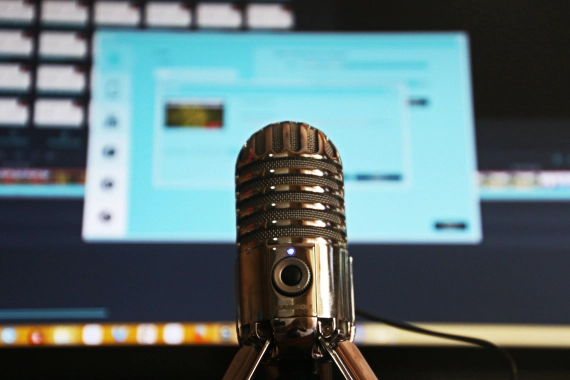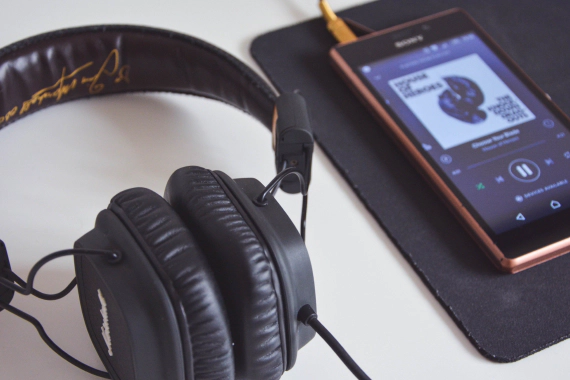
How to Record a Remote Podcast
Creators no longer need to be in the same room to collaborate on something extraordinary. Technology has made …


Podcasts have become the king of the content world in no time. From a 50-year-old to a new Gen Z audience, everyone has been indulging in podcasts. As the consumption increases, so do the production and, with it, the quality of the podcasts.
Producing high-quality podcasts has become the new audience attraction strategy.
Poor podcast audio quality is a true nightmare for the listener. The hisses, noises, and overall poor audio take away from both – the podcast and the authority of the show itself.
For that reason, editing audio is one of the most critical processes in podcasting, and it’s also one of the most challenging. Luckily, with the right tools and tips, your podcasting journey can become smooth as a breeze. If you are looking to master the art of podcasting, then look no further; you are in the right place!
Get to know your podcast editing software in and out. It will not only save you tons of time but will also help you understand if the software you are using is the right one for your podcast. Instead of learning the nitty-gritty of your editing software in an ad-hoc manner, dedicate time to discover all the tools and features.
Remote working is the new norm, and that goes for the world of podcasts as well. If you are recording with guests from separate locations, one of the best hacks to make your audio quality better is using the same kind of microphone. It will make your audio sound the same and will make the task of editing much simpler.
If using the same microphones is not always possible, you can ask your guests to tune the sound adjustments as close to yours. Pick a software or editing platform that makes your podcast-from-home smoother.
Our speech has a rhythm, and it’s pretty easy to upset that rhythm while editing. Hence, paying attention to the space between our audio cuts and how the final product sounds is essential. Where possible, be careful about the gaps in between words and try to maintain a smooth flow.
It is possible to have different rhythms with different guests, and hence, the best way to understand this is to listen like an audience and drop the editor’s hat for a while.
‘Rough cut’ means putting together a version where the content is correct and in order, even if more work is necessary to make it sound good. Get started on enhancing the podcast quality only after you have the right content in place.
This multi-step process may sound like a time-consuming task; contrary to that, when you try to edit the entire podcast to perfection all at once, it may take a lot of time with back and forth on different editing needs. Hence, it’s wise to focus on one edit outcome at a time.

Creators no longer need to be in the same room to collaborate on something extraordinary. Technology has made …

If you have 100,000 listeners and you edit out one useless minute, you are saving 100,000 wasted minutes in …